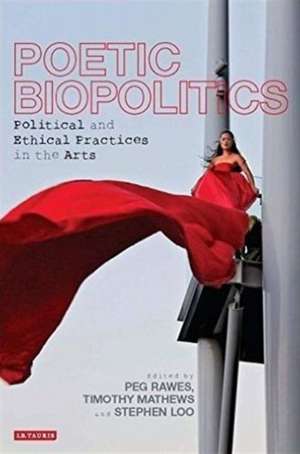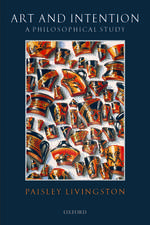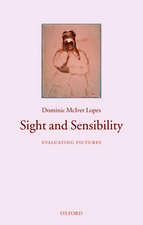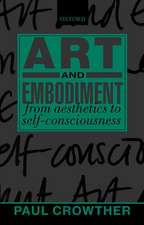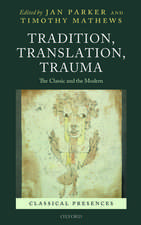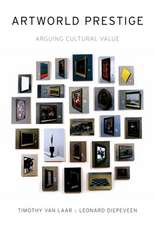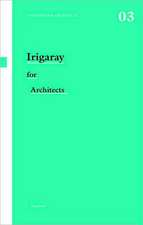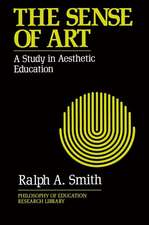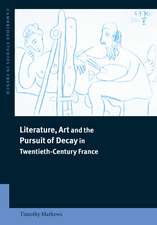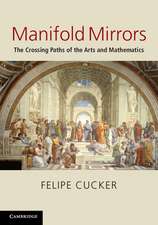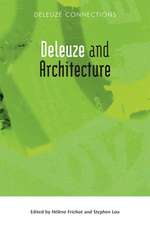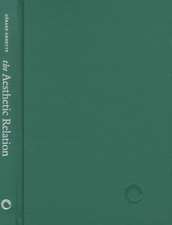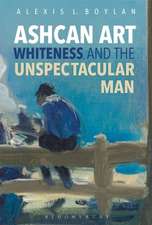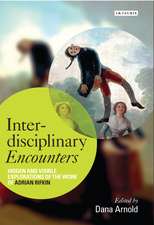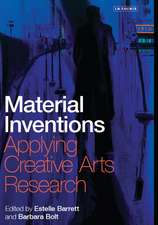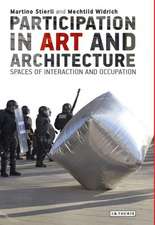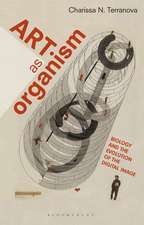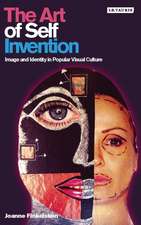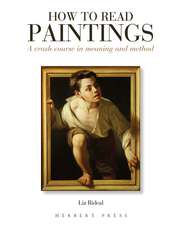Poetic Biopolitics: Practices of Relation in Architecture and the Arts
Editat de Peg Rawes, Timothy Mathews, Stephen Looen Limba Engleză Hardback – 5 mai 2016
Preț: 780.34 lei
Preț vechi: 1116.76 lei
-30% Nou
149.37€ • 162.30$ • 125.55£
Carte disponibilă
Livrare economică 31 martie-14 aprilie
Specificații
ISBN-10: 1780769121
Pagini: 328
Ilustrații: 42 bw integrated
Dimensiuni: 156 x 234 x 33 mm
Greutate: 0.89 kg
Editura: Bloomsbury Publishing
Colecția I.B.Tauris
Locul publicării:London, United Kingdom
Notă biografică
Cuprins
Descriere
As the French philosopher and social theorist Michel Foucault defined the concept, 'biopolitics' is the extension of state control over both the physical and political bodies of a population. Poetic Biopolitics is a positive attempt to explain and show how the often destructive effects and affects of biopolitical power structures can be 'poeticised' and deconstructed through the arts and humanities: in architecture, art, literature, modern languages, performance studies, film and philosophy. It is an interdisciplinary response to the contemporary global crisis of community conflict, social and environmental wellbeing.
Structured in three parts - biopolitical bodies and imaginaries, voices and bodies, and social and environmental turbulence - this innovative book meshes performative and visual poetics with critical theory and feminist philosophy. It examines the complex expressions of our physical and psychic lives through artefact, body, dialogue, image, installation and word.
